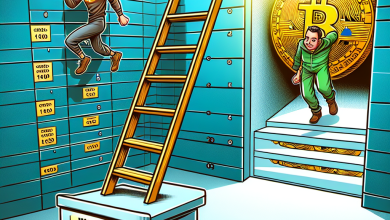Overview
The recent final status conference hearing for the Tornado Cash case held by the Southern District of New York (SDNY) shed light on crucial aspects of the upcoming trial set to begin on Monday, 7/14. As someone deeply entrenched in the crypto and blockchain world, attending this hearing virtually provided me with valuable insights that I’m excited to share.
The virtual hearing saw the presence of key individuals, including Judge Katherine Polk Failla, Roman Storm, a co-founder of Tornado Cash, and representatives from both the defense and prosecution. Storm faces serious charges, from conspiracy to commit money laundering to operating an unlicensed money transmitting business and sanctions violations.
During the hearing, significant topics were discussed, such as the grounds for the trial to be held in New York, Storm’s alleged influence on a Bloomberg reporter, the actions of Tornado Cash co-founders in relation to Storm’s indictments, the admissibility of data from a co-founder’s phone, and Judge Failla’s focus on Storm’s business operations rather than the technical aspects of Tornado Cash’s software.
Judge Failla also shared details about the trial proceedings, highlighting that it will kick off with jury selection on Monday at 9:30 AM EST. She emphasized that the trial won’t be recorded or broadcasted, ensuring a level of privacy. While aiming to wrap up the trial within three weeks, she acknowledged that it might extend beyond that timeline, potentially requiring her to take a break in early August.
Furthermore, the opening statements are scheduled for Tuesday, 7/15, indicating a swift progression into the heart of the trial. Understanding why the trial is set in the SDNY involves various factors, including the prosecution’s rationale linking Storm’s activities to the region.
In conclusion, the insights from the final status conference hearing provide a glimpse into the complexities of the forthcoming Tornado Cash trial. From legal intricacies to the technical nuances of blockchain technology, this case underscores the evolving landscape of cryptocurrency regulation and enforcement. As the trial unfolds, it will undoubtedly shape the future trajectory of legal frameworks surrounding digital assets, warranting close observation from industry experts and enthusiasts alike.


